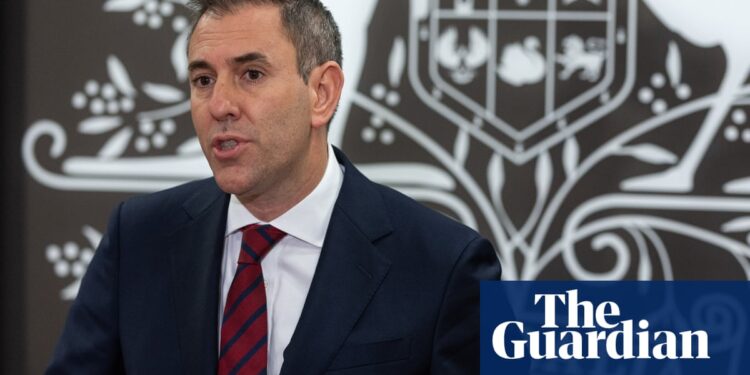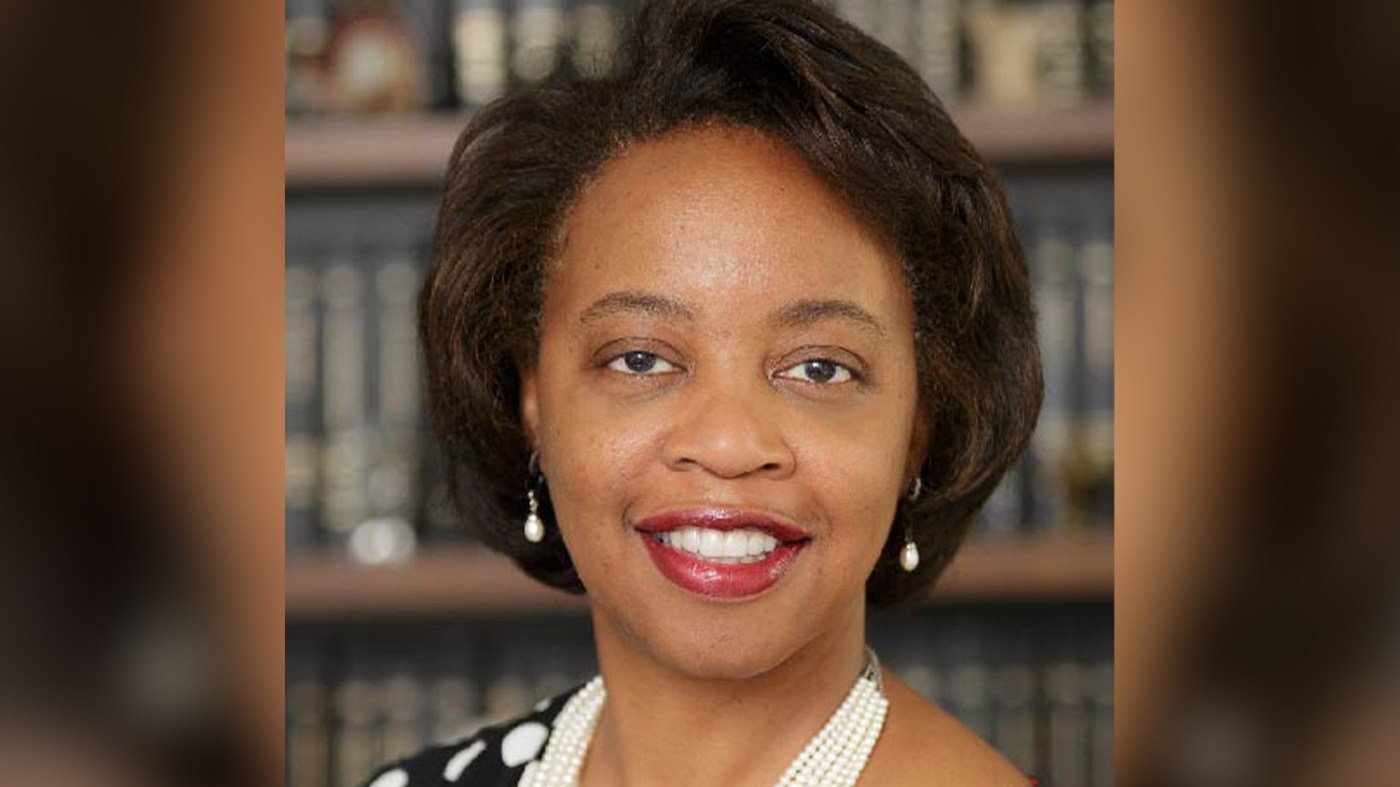The Albanese government has revealed its two appointments to the Reserve Bank’s new specialist monetary policy board – Renée Fry-McKibbin, who was one of the three panelists on the RBA review, and Marnie Baker, an ex-commercial bank chief executive.
Fry-McKibbin, a macroeconomics professor at the Australian National University, helped lead the RBA review that was launched soon after the government took office in May 2022. The review made 51 recommendations, including creating “an expert monetary policy board with diverse perspectives and knowledge”, separate from a governance board.
Fry-McKibbin will be joined by fellow newcomer on a five-year term by Baker, who brings 35 years of financial services experience, including recently serving as CEO of Bendigo and Adelaide Bank, and deputy chair of the Australian Banking Association.
Treasurer Jim Chalmers told a media conference on Monday the new appointments – including new hires for a separate governance board – were the result of a “robust and very consultative process” over a number of months.
Chalmers said he had provided the names of Fry-McKibbin and Baker to his opposition counterpart Angus Taylor in July. “[W]e tried to make this as bipartisan as it could be and that extended to the way that we consulted in a genuine way.”
Despite those overtures, the Coalition opposed the reform bill, saying there was a risk that government would “sack and stack” the new board created to determine interest rates, undermining the central bank’s independence. The amended RBA act passed in the last week of parliament with the support of Greens and crossbenchers.
Taylor on Monday said the Coalition wanted “to see a credible, capable and independent Reserve Bank that has stability in its governance, stability in its governance”. He declined to say whether he supported the new appointees.
“It’s not about the individual members of the board. It’s about the institution,” Taylor said.
The new boards will begin work in March, or about 10 days after the RBA’s next board meeting on 17-18 February. As of the end of last week, investors were pricing in as an almost certainty a 25 basis-point cut in the cash rate to 4.1% at the second meeting, set for 31 March- 1 April.
The creation of a specialist panel of nine members – including RBA governor Michele Bullock, deputy governor Andrew Hauser and treasury secretary Steven Kennedy – is unlikely to lead to much change in interest-rate setting.
Hauser last week told an economists’ dinner in Sydney that having a board with additional monetary policy expertise – such as is the case with the Bank of England – would have taken a similar approach to the current nine-member board. The RBA has left its cash rate on hold since November 2022, including going through eight meetings in 2024 without a change.
“My guess is much the same [result], actually,” Hauser said, adding that “all committees have strengths and weaknesses”. A grounding in monetary policy can provide “a lot of technical debate [but] sometimes we slightly miss the big picture”, Hauser said.
While still a review panelist in April 2023, Fry-McKibbin said the RBA study examined “a lot of alternative frameworks” to the current primary use of interest rates to target inflation. As inflation can be triggered by events, such Covid-triggered supply disruptions or Russia’s invasion of Ukraine, alternatives such as targeting nominal income – what people or nations are earning – may one day be more effective.
”[M]onetary policy may react less to temporary supply shocks under a nominal income target, particularly compared to a strict inflation-targeting regime”, Fry-McKibbins said at the time.
“We didn’t find compelling evidence to change from the flexible inflation targeting framework, mainly because it’s well-understood,” she said.
“But we have opened the door for reviews of frameworks and elements of other monetary policy.”
Four of the remaining six board members took up Chalmers’ offer to serve on the monetary policy board: Carolyn Hewson, Ian Harper, Iain Ross and Alison Watkins.
The other two – Carol Schwartz and Elana Rubin – agreed to serve on the governance board as deputy chair and member, respectively.
Also named to the new governance board are Jennifer Westacott, David Thodey, Danny Gilbert, and Swati Dave.
John Hawkins, a former senior Treasury and RBA official now lecturing at the University of Canberra, said Fry-McKibbin “gained considerable familiarity with RBA operations through her review role”.
Baker, meanwhile, was also a director of the Regional Australia Institute and so would bring a regional perspective to the board, Hawkins said.






